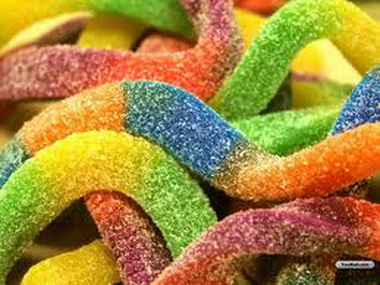The dangerous additives in food and wrappings of products
The list of dangerous additives in food. The chemical additives must be properly wrappings
Food additives are substances added to food to preserve flavor or enhance its taste and appearance. Some additives have been used for centuries; for example, preserving food by pickling (with vinegar), salting, as with bacon, preserving sweets or using sulfur dioxide as in some wines. With the advent of processed foods in the second half of the 20th century, many more additives have been introduced, of both natural and artificial origin.
The problem of the labels of food wrappings
 Food must be of a good quality, possibly bought from organic food farms, or at least free of any dangerous chemical additives:
Food must be of a good quality, possibly bought from organic food farms, or at least free of any dangerous chemical additives:
Sulphuric anhydride (E220),
Potassium nitrite (E249),
Sodium nitrite (E250),
Sodium nitrate (251),
Potassium nitrate (252),
Erythorbic acid (E315),
Butyl hydroquinone (E319),
BHA (E230),
BHT (E231),
Polyphosphates (E450),
Monoglycerides and dyglycerides of fatty acids (E471),
Esters of mono and dyglycerides of fatty acids (E472),
Esters of saccharides of fatty acids (473),
HC1 (E507),
KC1 (E508),
CaCl (E509),
Ammonium chloride (E510),
MgCl (E511),
Acesulphane potassium (E950),
Aspartame (E951),
cyclamic acid (E952),
Saccharine (E954),
The “natural” aromatic herbs (synthetic, in actual fact), artificial aromatic herbs, flavour enhancers or added sugars.
It is, therefore, important to properly understand and interpret the indications on the labels of food wrappings.
Source: The book Thousand Plants against Cancer without Chemo-Therapy, author Giuseppe Nacci, M.D
